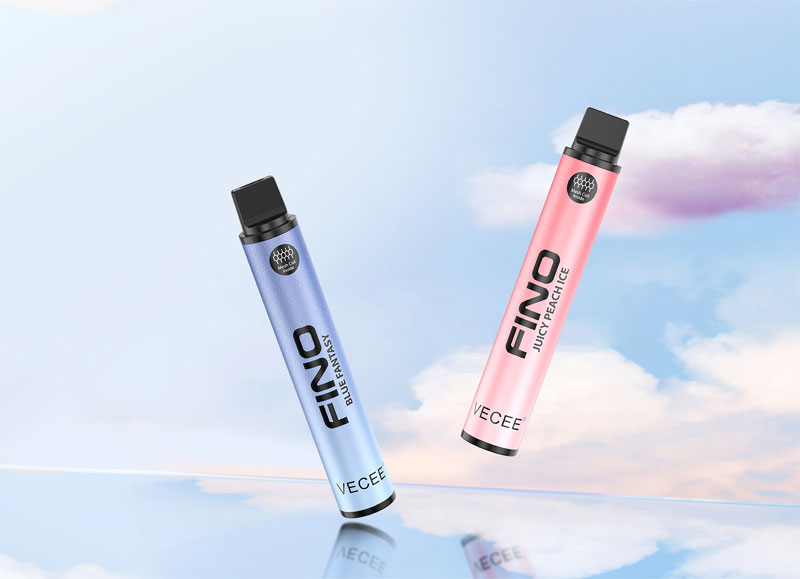In recent years, the popularity of e-cigarettes has surged globally, and Malaysia is no exception. As consumers increasingly turn to e-cigarettes as alternatives to traditional tobacco products, understanding Malaysia’s approach to e-cigarette regulation becomes essential. This article delves into the nuances of these regulations, exploring their impact on consumers and the marketplace.
Regulatory Landscape in Malaysia
The regulatory framework governing e-cigarettes in Malaysia is complex, reflecting the diverse perspectives and interests involved. The Malaysian government aims to curb underage usage and ensure product safety, leading to a series of regulations targeting manufacturers, retailers, and consumers.
In Malaysia, e-cigarettes are categorized under two primary legislations: the Poisons Act 1952 and the Tobacco Control Regulations. While the Poisons Act focuses on nicotine-containing products, the Tobacco Control Regulations deal with the sale and advertising aspects.

Impact on Consumers
For consumers, Malaysia’s e-cigarette regulations have significant implications. One of the primary impacts is accessibility. Regulations restrict sales to licensed retailers, reducing access for underage individuals. However, they also potentially limit adult consumers’ access to a range of products.
Additionally, product safety is a key concern addressed by these regulations. By enforcing standards on ingredients, packaging, and labeling, the government intends to protect consumers from harmful substances often found in unregulated e-liquid products.
The regulations also influence pricing, as compliance costs for manufacturers may lead to higher prices. This economic factor can impact consumer decisions, potentially steering them towards cheaper, non-compliant products.
Market Dynamics
The Malaysian e-cigarette market is evolving under this regulatory umbrella. For businesses, navigating these regulations is crucial, as non-compliance can result in penalties, impacting brand reputation and profitability.
Brands are now focusing on transparency and safety to align with consumer expectations and regulatory demands. Business strategies increasingly emphasize quality control and consumer education, fostering trust and encouraging informed choices.
Future Prospects
Looking ahead, the e-cigarette industry in Malaysia is poised for further changes. As global standards develop and scientific research continues, Malaysia’s regulations may evolve to keep pace with international trends and findings.

Consumer advocacy and industry lobbying are likely to play roles in shaping future policies, potentially seeking reduced restrictions or improved clarity in regulatory frameworks.
FAQs on Malaysia E-Cigarette Regulation
- What age is legal for purchasing e-cigarettes in Malaysia? Consumers must be 18 or older to legally purchase e-cigarettes, aligning with the legal smoking age.
- Are all e-cigarette products in Malaysia regulated? Not all products are regulated equally; those containing nicotine fall under stricter guidelines compared to non-nicotine variants.
- How can consumers ensure the safety of their e-cigarette products? Consumers should look for products from licensed retailers, check packaging for compliance marks, and research brands for transparency and safety assurances.
